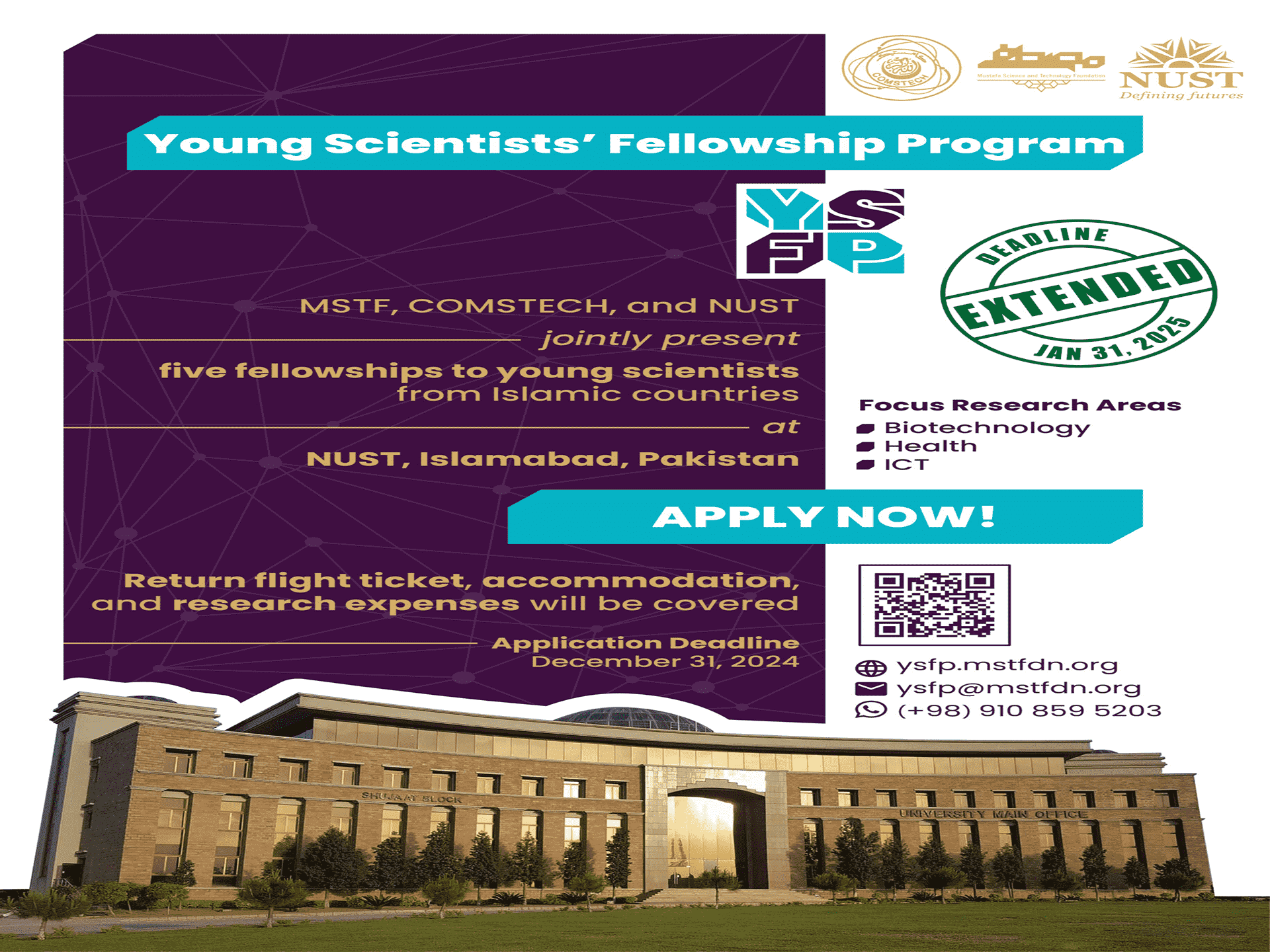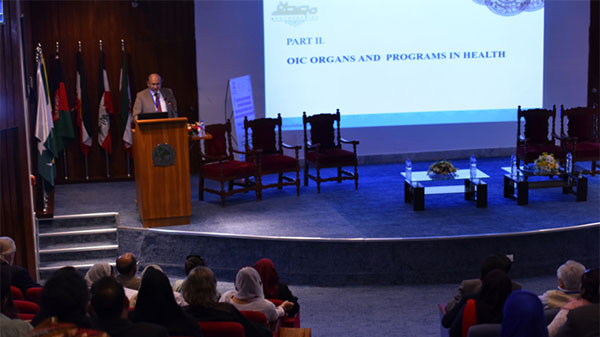TOP STORIES

'Renewable Energies Account for 11% of World's Energy Output'
02 Dec. 2018
- panel discussion of the first day of STEP which is underway at Oman's Sultan Qaboos University (SQU) was themed with 'Energy transition: situation of renewable energy'.
In his introduction to the topic Shaukat Hammeed Khan, Former Coordinator General of OIC Standing Committee on Scientific and Technological Cooperation, said while the renewable energy is gaining momentum, fossil fuel would have its place too.
“ message is very simple – the quality of life depends entirely on the energy and the power you produce. It has to be available when we want it and affordable and sustainable. Now people are moving away from primary energy supplies to electricity generation and production. I don’t think fossil fuel is going anywhere soon. Yes, renewable energy is coming in but at the moment it has got about 11% of the world generation capacity and to generate larger amount it requires huge amount of water and land. I would say no to bio fuel because it takes land and it could have been used for cooking. So there are compromises to be made. You need power and energy to produce the modules that go for renewable why does one ignore that? For example steel can be recycled. How are we going to recycle solar panels?” questioned Shaukat Hammeed Khan.
During the panel discussion, Kamaruzzaman Sopian of Universiti Kebangsaan Malaysia (UKM) said energy efficiency must grow in parallel with the increasing use of renewable energy. “We ought to tap into the strong synergies between energy efficiency and renewable energy. Plan a power sector for which renewable provide a high share of the energy, and increase use of electricity in transport, construction and industry,” suggested the Malaysian delegate.
Meanwhile Mohammed Farid from Iraq urged, “Do not use bio fuel if it is based on food, the third generation of bio fuel we are working on is algae based. Recently we have also been successfully able to treat it without evaporating the water. use of hydro thermal processing as pretreatment of algae to extract its content is very efficient since it is done in the liquid phase and no drying is required, however it requires high capital cost.”
After the discussions, Rasit Turan from Turkey, who headed the session said solar and wind energy and in general all renewable energies were analysed – their potential and future. Most of the speakers emphasized on the increased use of renewable energy as a means of reducing carbon dioxide emissions and preventing the rise of temperature in the world.
“It has been very interesting because under discussion was some not so well-known energies like the wave energy and policy in science, carbon-capture technology,” said Rasit Turan, adding that the event and the Mustafa Prize initiative are important, “because we need to increase our collaborations in order to improve our scientific and technological output and enhance our society in general.”
next panel discussion of STEP will revolve around 'STI and Future of Health, with Focus on Drug Discovery and Drug Delivery'. STEP forum has brought together 80 scientists from across the Islamic world to exchange views on Water, Energy and Health. Co-organized by Mustafa Science and Technology Foundation (MSTF) and SQU, the event will run until December 5th.







